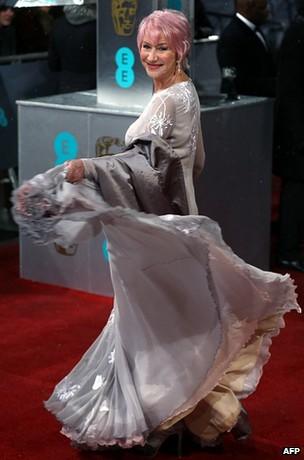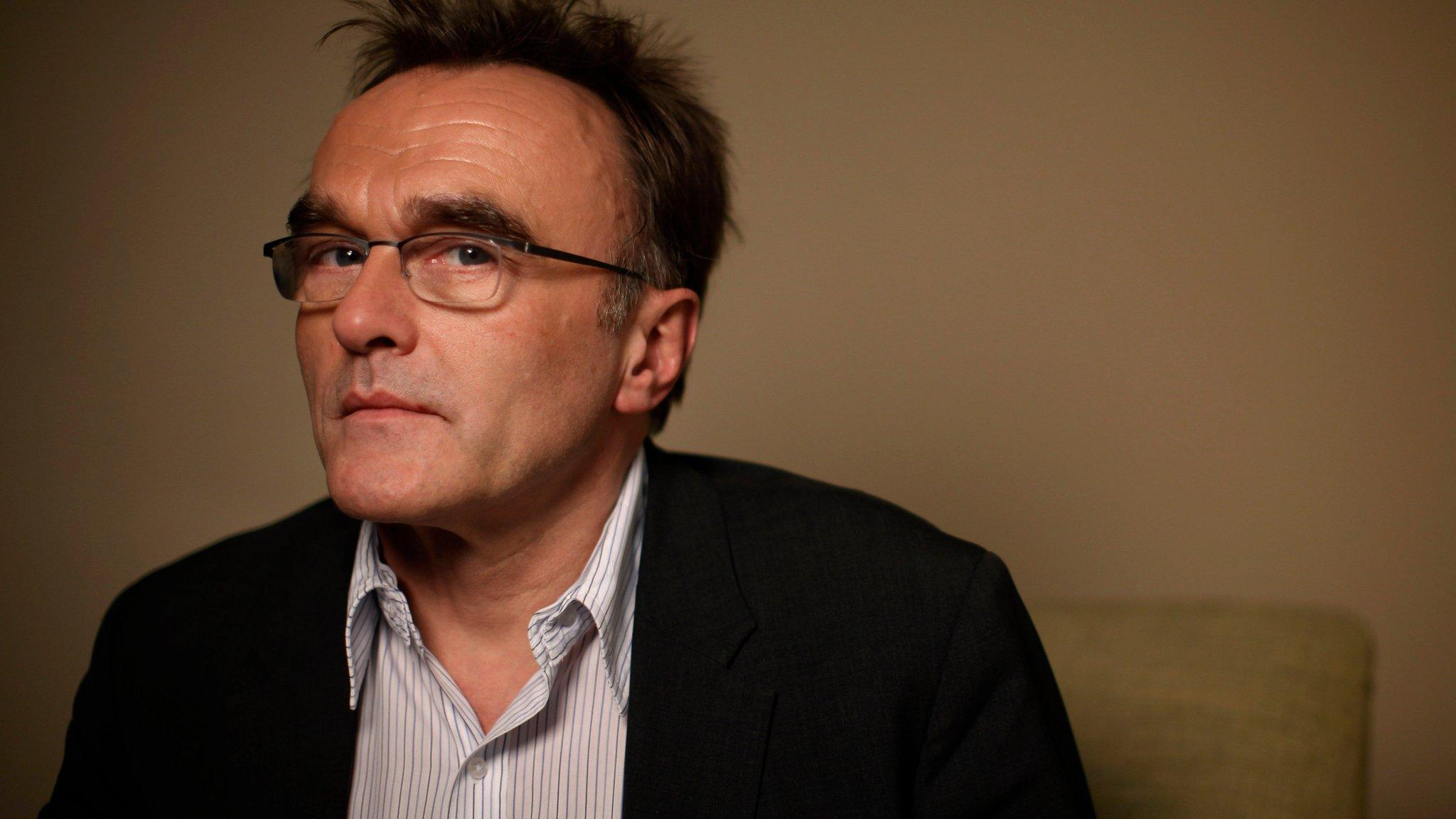A Bafta bruising for the Brits?
- Published

The Baftas were fun on Sunday. Stephen Fry was on top form as master of ceremonies, the speeches were surprisingly good (first prize to Daniel Day Lewis in that category), and by-and-large just desserts were served.
But behind the glitz and the glamour, behind the gongs and the speeches, behind the seemingly endless parade of beards, lies a highly-competitive international movie business, in which the stakes are high, there is no time for losers and second chances are rare (hence the 'phew and thanks' nature of Ben Affleck's speech).
The awards season, which climaxes with the Oscars on Sunday, 24 February, is but a part of the meticulously planned global PR campaign devised by the movie moguls and interested parties to coax you and me from our sofas and into the cinema. And there are few parties more interested in this country than those seeking to encourage filmmakers to come here to make their movies.
Sir Alan Parker, recipient of Sunday's Bafta Fellowship, had barely sat down before the Scottish Government had sent out an email with the heading "Bafta Success For Scotland On Screen". It went on to say that "this has been a spectacular 12 months for Scotland on film, with movies such as Brave, Skyfall, Prometheus and the Dark Knight Rises showcasing Scotland as a magnificent location".
An email from Amanda Nevill, the boss of the British Film Institute - the quango responsible for government investment in British film, was rather more muted. She said "Britain was well represented" among the winners, before gearing up a bit for Skyfall, which she described as "a most British of Bonds" that is "doing so much to showcase the UK's talent, skills and stunning locations to audiences across the globe".
You can sense her disappointment. The Irish / British actor Daniel Day-Lewis was the only home winner in the Bafta's big six categories (best film, best director, lead actor, lead actress, supporting actor, supporting actress), and that was in a US film.
UK talent shortlisted for these awards for their efforts in Les Miserables, Skyfall and Hitchcock all failed to bring home the British bacon.
It sums up 2012 for the British film industry, which has not been particularly great. We're doing our bit and going to the cinema in vast numbers (172.5 million visits, the second highest number of admissions in decade), but the international movie industry is letting the side down.
Inward investment into UK-based film production dropped by a worrying 29%, which inevitably led to fewer British films going into production, down from 238 in 2011, to just 159 in 2012.
Those figures might be an anomaly due to the way in which the stats are gathered, which means that a big movie such as Skyfall (which fell into the 2011 figures) can skew the numbers disproportionately. But as a spokeswoman for the BFI told me yesterday it is a "worry" and could signal "a downward trend".
If that was to be the case, it is likely questions would be raised regarding the government's decision to close the apparently successful and overtly commercial UK Film Council, and instead place the future of British film with the more cerebral BFI.
- Published15 November 2012
